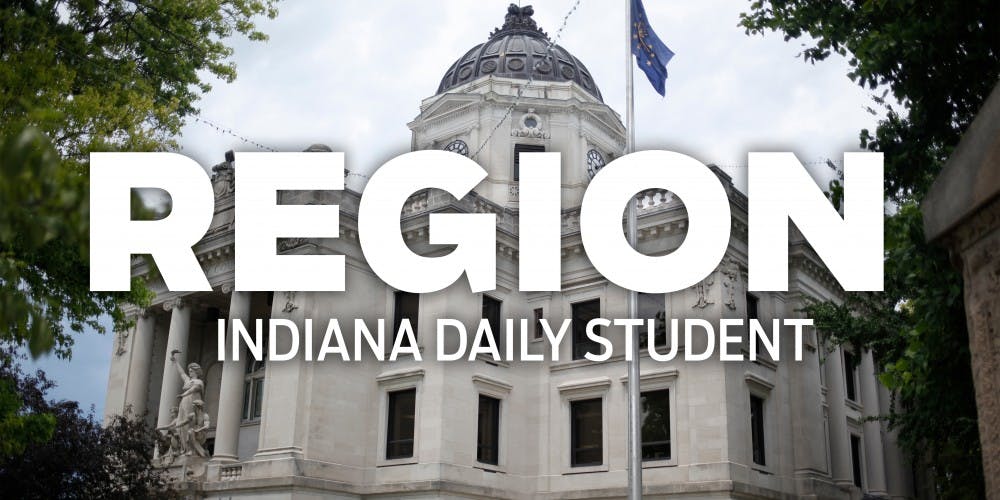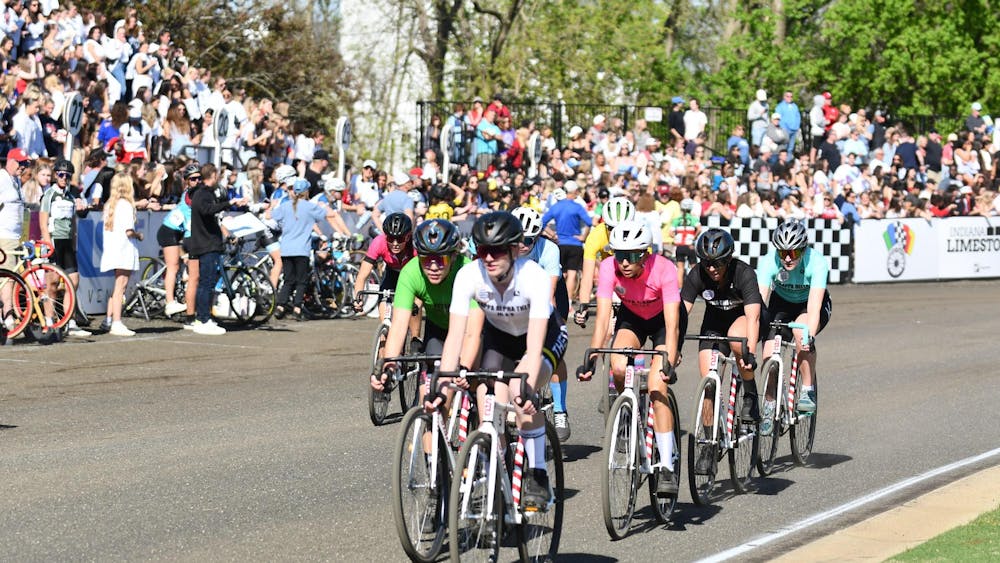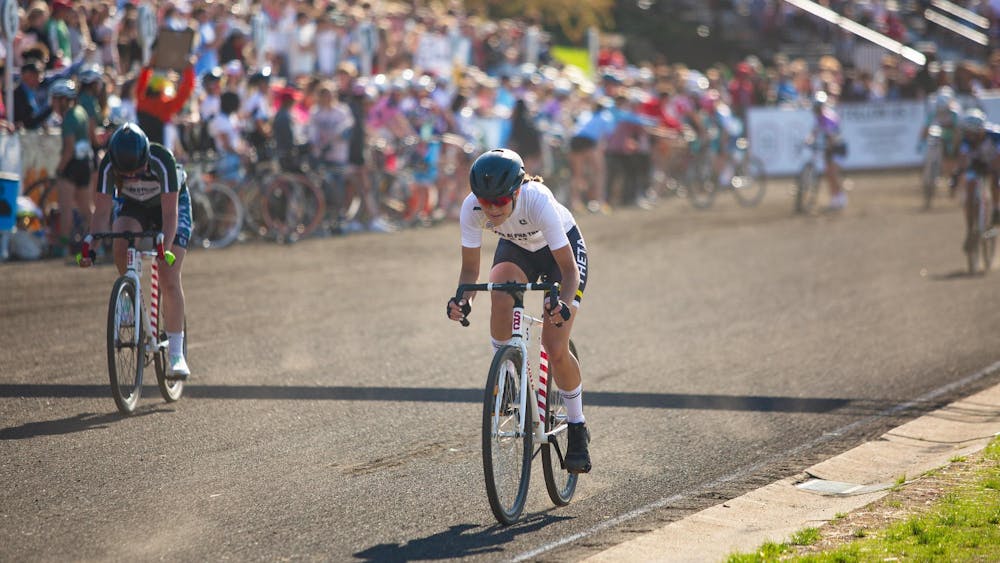At its first meeting of the year the Bloomington Environmental Commission discussed its goals for the 2017 year and elected a new chair.
Commission members discussed their environmental bucket list items, including turning lawns into vegetable gardens, encourage residents to use greener products in their gardens and require city apartments to have recycling services.
“My goal is to try to get half of all the lawns in the city changed to vegetable gardens because of the importance of local food,” commission member David Parkhurst said.
If more residents can grow their own produce, Parkhurst said, they would not have to import so much food from other places. However, the city’s deer are an obstacle to growing produce on lawns in Bloomington neighborhoods.
“It will require deer control, and there are certain possibilities there,” Parkhurst said. “You can try to get rid of the deer which is going to be pretty hard. You can also put up 8-foot fences, which are pretty good.”
The commission discussed using double 4-foot fences to keep deer away from personal gardens and proposed a plan in 2017 to educate and incentivize Bloomington residents to grow their own produce.
A plan to require apartments to have recycling programs was also proposed.
“My idea was to get whoever is the relevant body to require apartments to have recycling,” said Sara Green, an intern for the Environmental Commission.
Currently Bloomington apartment complexes do not have recycling services, so tenants must go to the Bloomington Solid Waste center on Walnut Street if they want to recycle items.
In order to require recycling services at Bloomington apartment complexes, the city council would also have to create a definition of recycling. Monster Trash, the primary recycling service in Bloomington, takes recycled items to an incinerator in Indianapolis, commission member Dave Debikey said.
“I don’t know if we have a direction to go, but I think the next step if we’re going to try to continue this project is to figure out how we’re going to get around this roadblock,” Debikey said.
Other proposed initiatives included getting curbside compost options in the city and updating the list of toxic chemicals present in Bloomington. The Environmental Commission also elected its new chair for the year, Nicholas Kappas.






